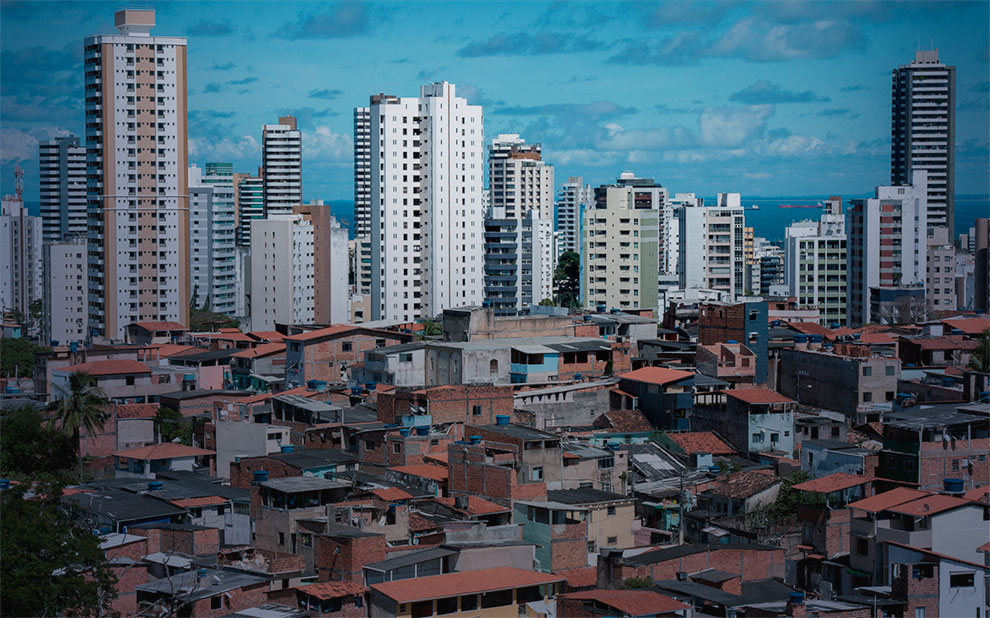Income inequality in Brazil reaches record high, FGV IBRE survey shows
According to Daniel Duque, the poorest feel the impact of the crisis more due to their social vulnerability.

Inequality in the labor market has increased for the 17th consecutive quarter and reached its highest level in at least seven years, according to a study by Fundação Getulio Vargas’ Brazilian Institute of Economics (IBRE). The Gini index, which measures labor income per capita, reached 0.627, the highest level of the historical series started in 2012. The closer to 1, the greater the inequality. According to Daniel Duque, researcher of the area of Applied Economics of FGV IBRE, income inequality rose when considering individual income of workers and income per household.
Oscillations in the ratio between the average income of the wealthiest 10% and the poorest 40% indicate that this inequality has been rising since November 2015. According to the survey, the actual cumulative variation of the average income among the wealthiest (10% of the population) and the poorest (40% of the population) shows that, in the pre-crisis period (until 2015), the wealthiest had an actual increase of 5% while the poorest reached a level twice as high, at 10%. In the post-crisis period, the actual cumulative income of the wealthiest increased by 3.3% while that of the poorest increased by more than 20%. When observing the entire historical series, since 2012, the actual cumulative income of the wealthiest has increased by 8.5% while of the poorest increased by 14%.
According to Duque, the poorest feel the impact of the crisis more due to their social vulnerability. “There are fewer companies hiring and demanding work, while there are more people looking for it. This dynamic reinforces each one’s relative social position. Those who have more experience and years of schooling perform better than those who do not,” explained Duque.
He added that the slow recovery of the labor market, benefiting better qualified professionals, deepened inequality and increased discouragement, a situation in which workers give up searching for work.
Leia também
